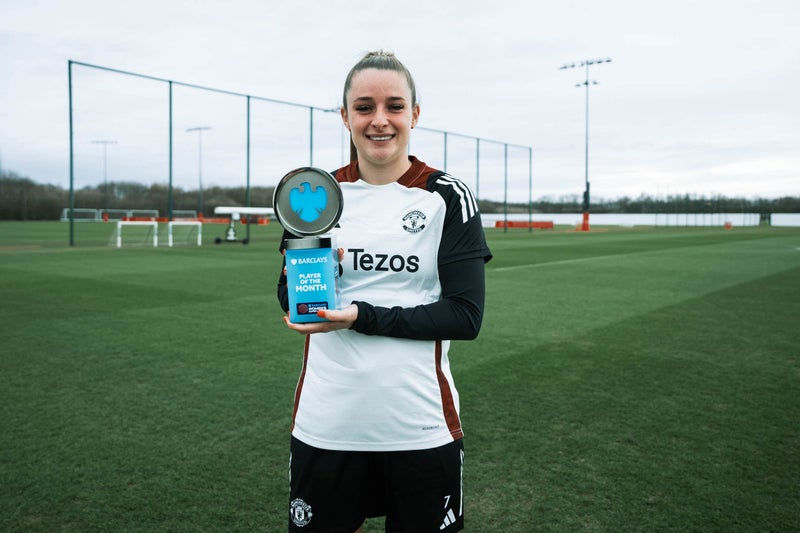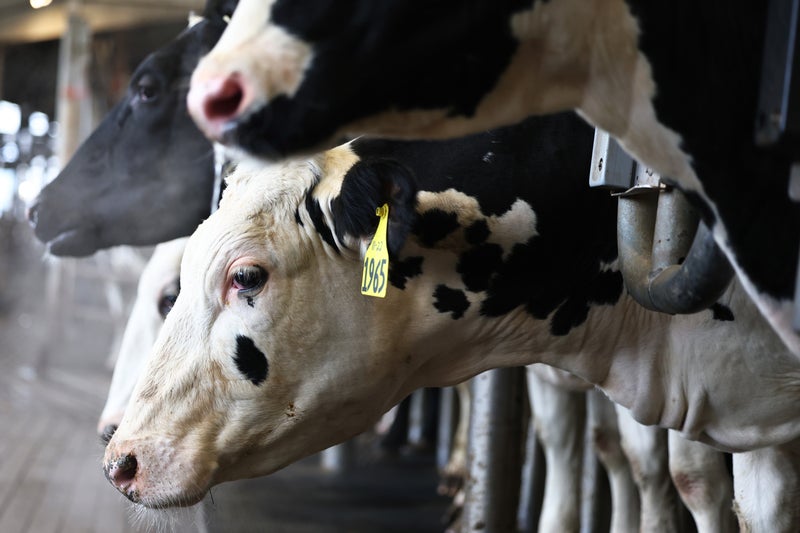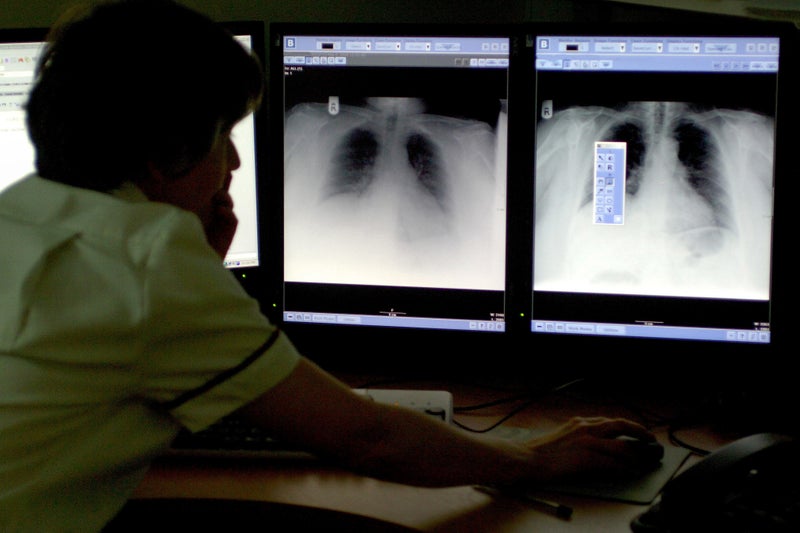After a two-week inquest into the death of their son Ben in 2015, Jenny and Allyn Condon say the pain is even worse. Losing Ben at the age of eight weeks in the paediatric intensive care unit of the Bristol royal hospital for children in the spring of 2015 was traumatic and heartbreaking for Jenny and Allyn Condon.
![[Steven Morris]](https://i.guim.co.uk/img/uploads/2017/12/27/Steven_Morris,_L.png?width=75&dpr=1&s=none&crop=none)
In the 10 years since, they say their pain has not eased but, if anything, has been made more acute by the way they have been treated by a health trust as they campaigned to find out why Ben died. “It has destroyed me,” said Jenny, who tried to kill herself and has post-traumatic stress syndrome. “I’m a broken woman. I’m in constant fight or flight.”.
![[The couple stand with Allyn holding Nate in between them]](https://i.guim.co.uk/img/media/36a0989233915ffda67619083c54c2939e33d4d8/0_259_539_492/master/539.jpg?width=445&dpr=1&s=none&crop=none)
Speaking at the end of a two-week inquest that concluded on Friday – which laid bare failings in Ben’s care and was often contradictory, complex and, as his parents see it, adversarial – Allyn said their precious memories of Ben had been taken away by the approach of the trust that runs the hospital.
“Up to the point he went into Bristol, Ben was a very well baby,” said Allyn, a former Olympic athlete. “We had good memories of Ben. Over the 10 years since, they’ve evaporated those good memories, they’ve taken every good memory.”. Ben was born prematurely on 17 February 2015. In April, he developed breathing difficulties and was taken to the children’s hospital, where doctors diagnosed human metapneumovirus (hMPV), a respiratory infection. He declined rapidly, had two cardiac arrests on 17 April and died.
The Condons were immediately told that no postmortem examination was needed as the cause of death was straightforward. Doctors recorded acute respiratory distress syndrome (ARDS), hMPV and prematurity on his death certificate and his body was cremated. But several weeks after Ben died his parents were told that he also had a bacterial infection.
A first inquest, in 2016, concluded that two respiratory illnesses and prematurity caused Ben’s death, but the next year, after the Condons continued to press, the University Hospitals Bristol and Weston NHS foundation trust admitted that a failure to give him antibiotics in a timely manner for the bacterial infection contributed to his death.
In 2021, the NHS ombudsman said Ben died after “a catalogue of failings” in his treatment and there was an attempt to “deceive” his parents. The high court quashed the conclusions of the first inquest and a new inquest has taken place at Avon coroner’s court near Bristol.
On Friday, the coroner who has heard the second inquest, Robert Sowersby, backed the Condons’ belief that the death certificate and conclusion of the first inquest were incomplete. He ruled that a pseudomonas bacterial infection, as well as the two respiratory illnesses and prematurity, caused his death.
Sowersby, the assistant coroner for Avon, stated that between 14 and 16 April consultants decided not to give Ben antibiotics. Sowersby said: “I find Ben should have been given antibiotics by 16 April at the latest,” and added that if he had been given antibiotics it would have stopped the pseudomonas infection entering his bloodstream.
The coroner said some medics had a “patronising approach” to Ben’s parents and that Jenny and Allyn were not told what was going on or why and were not involved in important decisions. He said it was “hard” to understand a delay in telling them how sick Ben was.
Sowersby said: “A lot of mistakes were made. The actions of various employees who were involved in Ben’s care or in subsequent investigations understandably aroused suspicion and contributed to the family’s inability to believe anything they were being told.”.
He also criticised how some hospital staff gave evidence to the inquest, saying they had not done all they could to help him objectively assess what had happened. He concluded: “I hope that perhaps Ben’s family can take some tiny element of pride in what they have achieved in their battle for the truth.”.
Jenny, 43, said: “He should have had a postmortem. If that had been done properly none of this would have happened.”. Troubling evidence that surfaced during the inquest included the suggestion that tissue samples may have been taken from Ben after he died – his parents presume for testing – even though they were told that the cause of his death was so straightforward that no postmortem examination was needed.
The Condons will ask the Human Tissue Authority to investigate whether samples were taken and, if it believes they were, to refer their findings to the police. Jenny said: “You’re signing a death certificate, you’re telling us there’s no postmortem needed but you’re doing your own investigations after death.”.
Allyn, 50, said the trust continued to “muddy the waters” during the second inquest. He and Jenny have been upset by the benches of lawyers representing the trust and medical staff. “It’s been defence, defence, defence. And it’s been awful. They have let the whole NHS down.”.






























